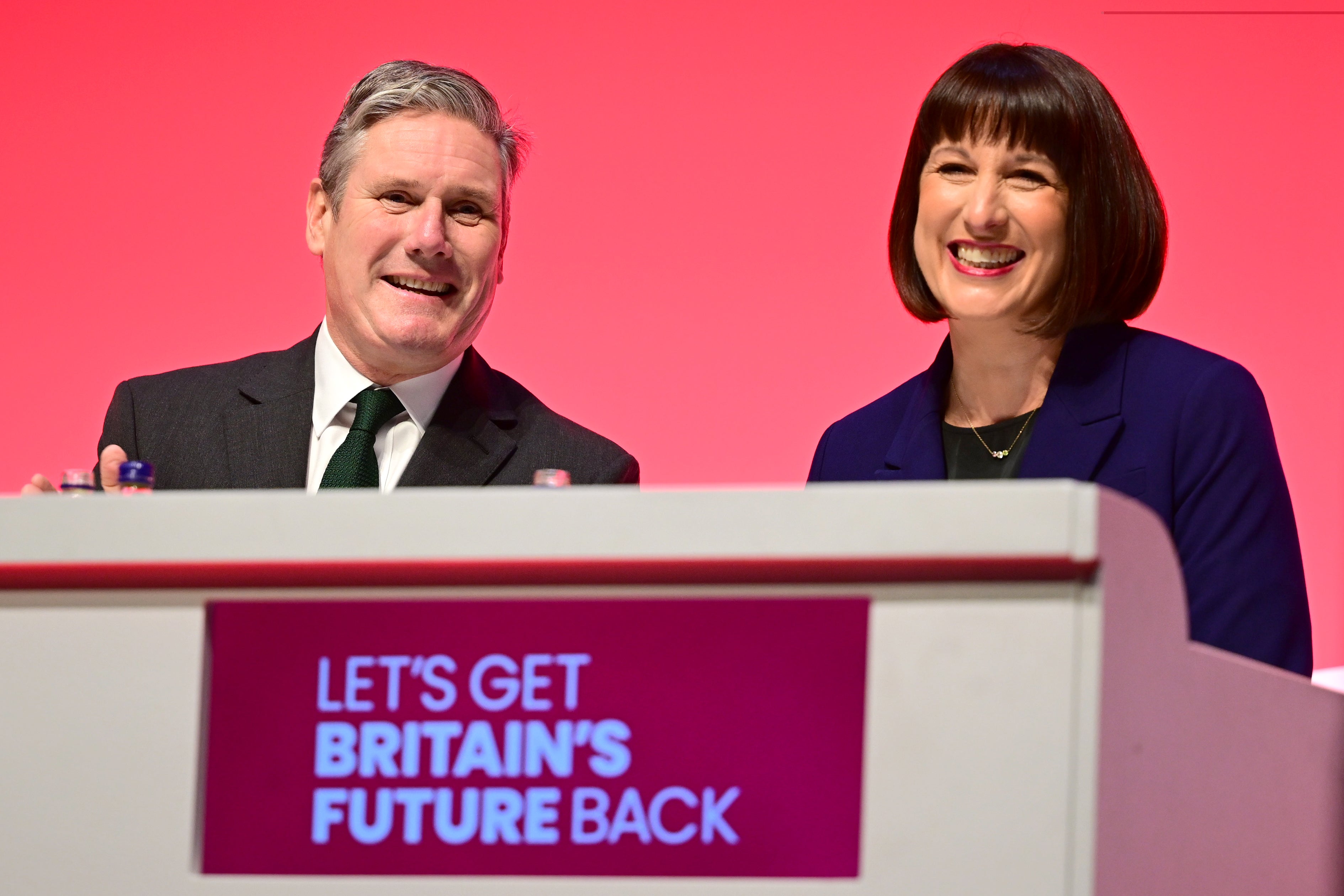Has Keir Starmer scored an own goal with Labour’s £28bn green spending chaos?
Archie Mitchell looks at why the Labour leader may be self-sabotaging by failing to stick with his green spending pledge

On the same day thousands of Port Talbot steelworkers were told they would be losing their jobs, with the plant’s two blast furnaces closing down, Labour’s £28bn Green Prosperity Plan hit the headlines again.
The latest iteration of a story that has been doing the rounds for months popped up, with reports suggesting Sir Keir Starmer would ditch the hefty spending commitment.
The Port Talbot job losses, which will devastate the South Wales community, offered a visceral warning of the risk of failing to invest in future-proofing British industry.
Not only will 2,800 workers be made redundant, but the closure of the blast furnaces will leave Britain reliant on foreign steel imports for years to come.
It is why piling money into clean energy is vital to ensuring Britain can benefit from the transition to net zero.
But at the first sign of trouble, with the Tories using the £28bn price tag to attack the party’s economic credibility, Labour has watered down the pledge.
Sir Keir may be scoring an own goal by failing to stick by the policy. He has upset both Labour-backing trade unions and the left of the party with his approach.
While union bosses are unlikely to withdraw their support for Sir Keir ahead of an election this autumn, with Labour enjoying a 20-point poll lead, they could cause a headache for his government after an election. The party has a close relationship with union leaders as they finalise details of Labour’s plans for workers’ rights, but sources say the handling of the £28bn project is putting that relationship at risk.
Labour will rely on having good relations with the unions to show they can manage industrial relations better than the Conservatives, with the country having been dogged by years of strikes.
And, if the polls narrow and Sir Keir falls short of a 1997-style landslide, as New Labour architect Peter Mandelson has said is likely, he will need the votes of left-wing backbenchers, already upset at the party’s stance on Gaza, to pass key bills.
Labour’s hopes of avoiding Tory attacks over the policy also seem misguided. Conservative HQ sends journalists almost daily briefings claiming the £28bn plan will “mean like always they [Labour] will increase taxes for hardworking people”.
When the party suggested it was moving away from the £28bn figure, chief secretary to the Treasury Laura Trott said the Labour Party is “all over the place”.
What critics fear is that if Labour wins a general election without a bold mandate, voters desperate for change will quickly feel fed up and look elsewhere.
Left-wing Labour MP Clive Lewis warned that if a Starmer government “fails to deliver meaningfully” for voters, then they will turn to “more extreme and populist alternatives”.
Regardless of the merits of the £28bn spending plan, the communication of the policy has been a nightmare for Labour. Speculation of whether the specific figure will be achieved has dominated coverage of the Green Prosperity Plan, drowning out its overall aims to “cut bills, create jobs and deliver energy security”.
As pollster and former Labour adviser James Morris points out, either position on the £28bn plan is manageable, “but having neither is not”.
“Voters don’t like deficits, they don’t like climate change but they really, really don’t like weakness,” he adds.
Asked about the policy on Sky News’s Sunday Morning with Trevor Phillips programme, shadow digital minister Sir Chris Bryant said it remains Labour’s “ambitious commitment” to spend £28bn on the plan. But with Labour insisting its “fiscal rules” come first, Sir Chris added that “we don’t know what the state of the British finances will be at the end of this year”, leaving the party plenty of room for manoeuvre.






Join our commenting forum
Join thought-provoking conversations, follow other Independent readers and see their replies
Comments